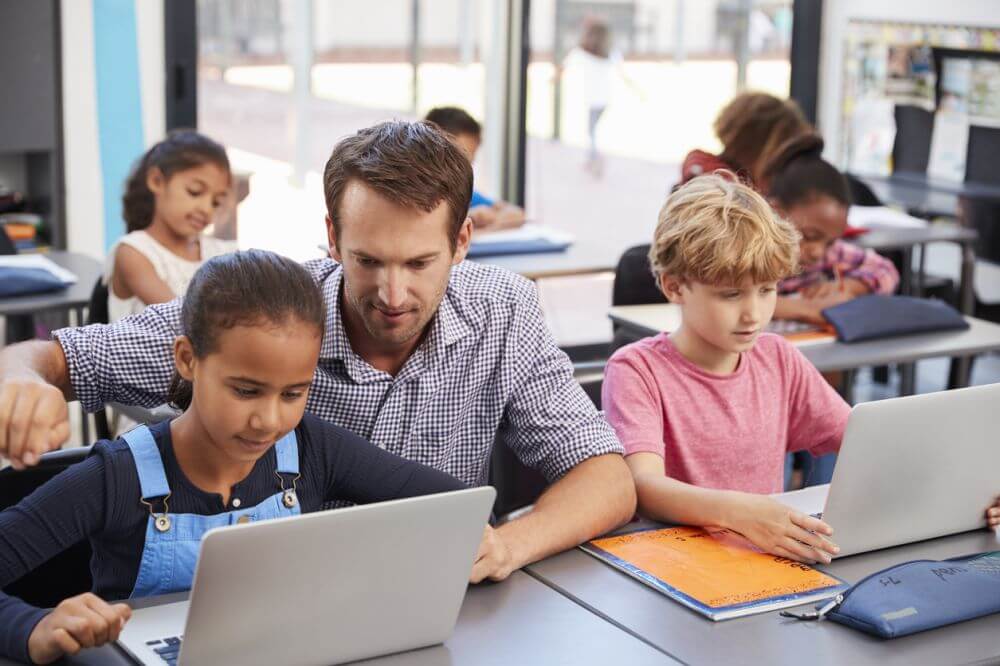Education is the process of facilitating the learning or releasedonkey.com/ acquisition of knowledge, skills, values, morals, beliefs, and habits. Educational methods include teaching, training, storytelling, discussion, and targeted research. Education frequently takes place under the guidance of educators, but learners may also educate themselves.
Education can take place in formal or informal settings. Formal education is typically provided by schools and universities, while informal education can take place in the home, workplace, or community.
Why is education important?
Education is important for a number of reasons. It can help people to:
- Develop their minds: Education can help people to develop their critical thinking skills, problem-solving skills, and creativity.
- Learn about the world: Education can help people to learn about different cultures, histories, and perspectives.
- Get better jobs: Studies have shown that people with higher levels of education earn more money and have better job opportunities.
- Become more engaged citizens: Education can help people to become more informed about the issues facing their community and country.
- Live healthier lives: Education can help people to make healthier choices about their diet, exercise, and lifestyle.
- Be more creative: Education can help people to develop their creativity and problem-solving skills.
What are the different types of education?
There are many different types of education, including:
- Early childhood education: This is the education that children receive from birth to age 5. It is important for early childhood education to help children develop their social, emotional, and cognitive skills.
- Primary education: This is the education that children receive from ages 6 to 12. It is typically compulsory and focuses on basic skills such as reading, writing, and mathematics.
- Secondary education: This is the education that children receive from ages 13 to 18. It is not compulsory in all countries, but it is typically required for students who want to go to college or university.
- Postsecondary education: This is the education that students receive after high school. It includes college, university, and trade school.
- Adult education: This is the education that adults receive after they have finished their formal education. It can include courses on a variety of topics, such as job skills, personal development, and citizenship.
What are the challenges of education?
There are many challenges to education, including:
- Access: Not everyone has equal access to education. This is especially true in developing countries, where many children do not have the opportunity to attend school.
- Quality: The quality of education can vary greatly from country to country and from school to school. This can make it difficult for students to get the education they need to succeed.
- Inequity: Students from different backgrounds often have different opportunities to succeed in education. This can be due to factors such as poverty, race, and gender.
- Funding: Education can be expensive, and this can make it difficult for some countries and schools to provide quality education.
- Technology: The rapid pace of technological change can make it difficult for educators to keep up with the latest trends. This can make it difficult to provide students with the skills they need to succeed in the workforce.
What are the future trends in education?
The future of education is likely to be shaped by a number of trends, including:
- The increasing importance of technology: Technology is becoming increasingly important in education. Educators are using technology to deliver instruction, assess student learning, and collaborate with other educators.
- The rise of online learning: Online learning is becoming increasingly popular. This is due to the fact that it is more convenient and affordable than traditional face-to-face instruction.
- The focus on personalized learning: Personalized learning is a trend that is gaining momentum. This approach to education focuses on meeting the individual needs of each student.
- The need for lifelong learning: In today’s rapidly changing world, lifelong learning is essential. This means that people need to be prepared to learn new skills throughout their lives.
Conclusion
Education is a lifelong process that can help people to develop their minds, learn about the world, and get better jobs. There are many challenges to education, but there are also many promising trends that suggest that the future of education is bright.
